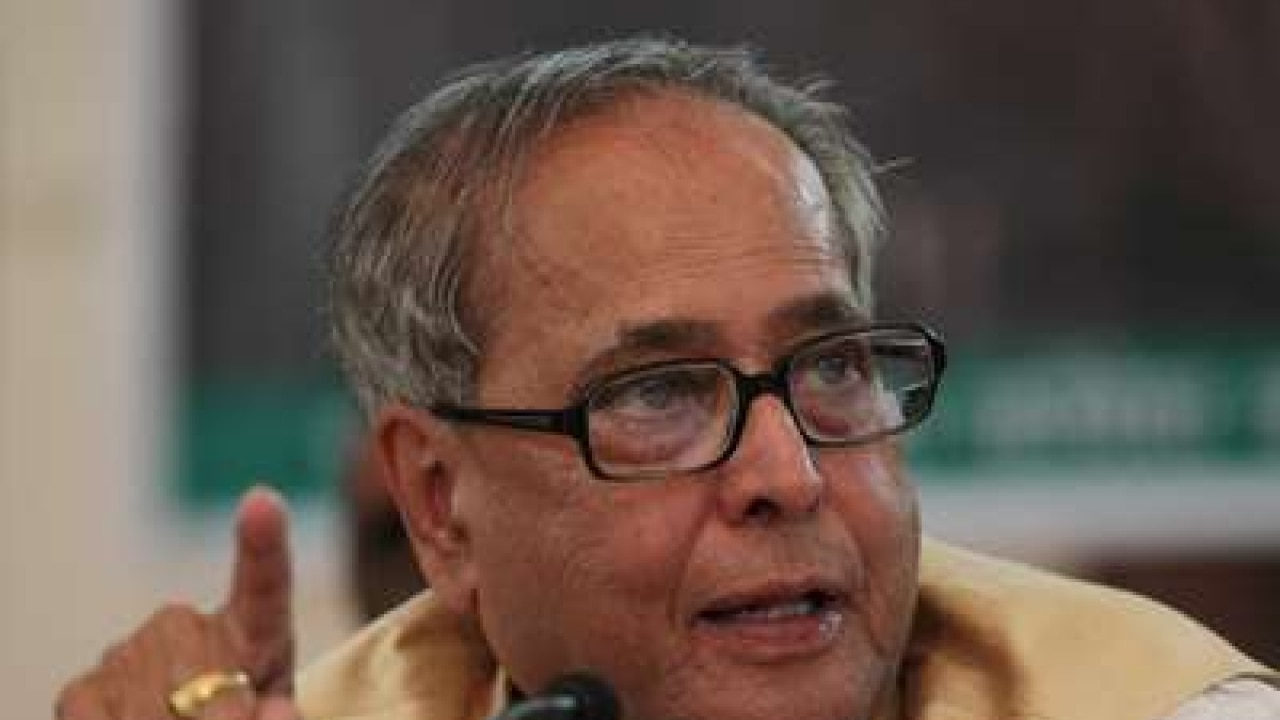Play all audios:
The document, which assesses the state of the economy, warned that high food prices would rise further over next few months. Enthused by reforms and the strong fundamentals, the economic
survey today predicted that India would bounce back to a high 9% growth in 2011-12 on the way to becoming world's fastest growing economy in four years. The document, which assesses the
state of the economy, warned that high food prices would rise further over next few months and criticised the food management policies that have led to "unacceptably" high prices
of items like sugar. Food inflation is at present hovering close to 18%. The pre-budget Survey (2009-10), presented by finance minister Pranab Mukherjee in Parliament, also recommended a
"gradual rollback" of stimulus measures after assessing the impact on each sector. Projecting the economic growth to touch up to 8.75% in 2010-11 and 9% in the next year, the
Survey said: "It is entirely possible for India to move into the rarefied domain of double digit growth and even attempt to don the mantle" of the fastest growing economy in the
world within the next four years. It, however, expressed concern over rising prices, saying that a major concern during 2009-10 was the emergence of high double digit food inflation. In a
direct criticism of the government, particularly over the very high consumer price inflation, the survey said that the "hype" over kharif crop failure without taking into account
the comfortable food stocks and rabi prospects "may have exacerbated inflationary expectations encouraging hoarding and resulting in a higher inflation in food items. "In the case
of sugar, delay in the market release of imported raw sugar may have contributed to the overall uncertainty, thereby allowing prices to rise to unacceptably high levels in recent
months," it added. The Survey said that "since December 2009, there have been signs of these high food prices, together with the gradual hardening of non-administered fuel product
prices, getting transmitted to other non-food items, thus creating some concerns about higher than anticipated generalised inflation over the next few months." Referring to projection
of 7.2% growth of the economy in 2009-10, the Survey said, "The fast-paced recovery of the economy underscores the effectiveness of the policy response of the government in the wake of
the financial crisis." The board-based recovery, it added, "Creates scope for a gradual rollback, in due course of some of the measures undertaken over the last 15 to 18 months,
as part of the policy response to the global slowdown." These initiatives, it added, were also necessary for pushing the economy back on the growth path of 9%, the rate at which the
economy was expanding before the global crisis hit the world. Elaborating on prospects in the short and medium terms, the Survey observed that gross domestic savings stood at 32.5% of GDP in
2008-09, while the gross domestic capital formation was 34.9%. "The rates of savings and investment have reached levels that even ten years ago would have been dismissed as a pipedream
for India. On this important dimension, India is now completely a part of the world's fastest growing economies." Indian economy has been one of the least affected by the global
crisis. "In fact, India is one of the growth engines, along with China, in facilitating faster turnaround of the global economy. Risks, however, remain," it added. On the foreign
trade front, which had taken a beating in 2009, is looking up with the prospects of recovery in the world output and trade volumes. The downside risks for world and Indian trade lie in the
fact that though the fall has been arrested, both output and trade recoveries are still fragile given the fact that the recovery has been pumped up by the stimulus given by different
countries, including India, the effects of which may dry up if natural recovery does not follow. The survey, however, favoured more liberalised regime for foreign direct investment in the
services sector like health insurance, rural banking and higher education. The policy change would include user friendly policy, rationalisation of taxes and streamlining of domestic
regulations like licensing requirements and procedures.

